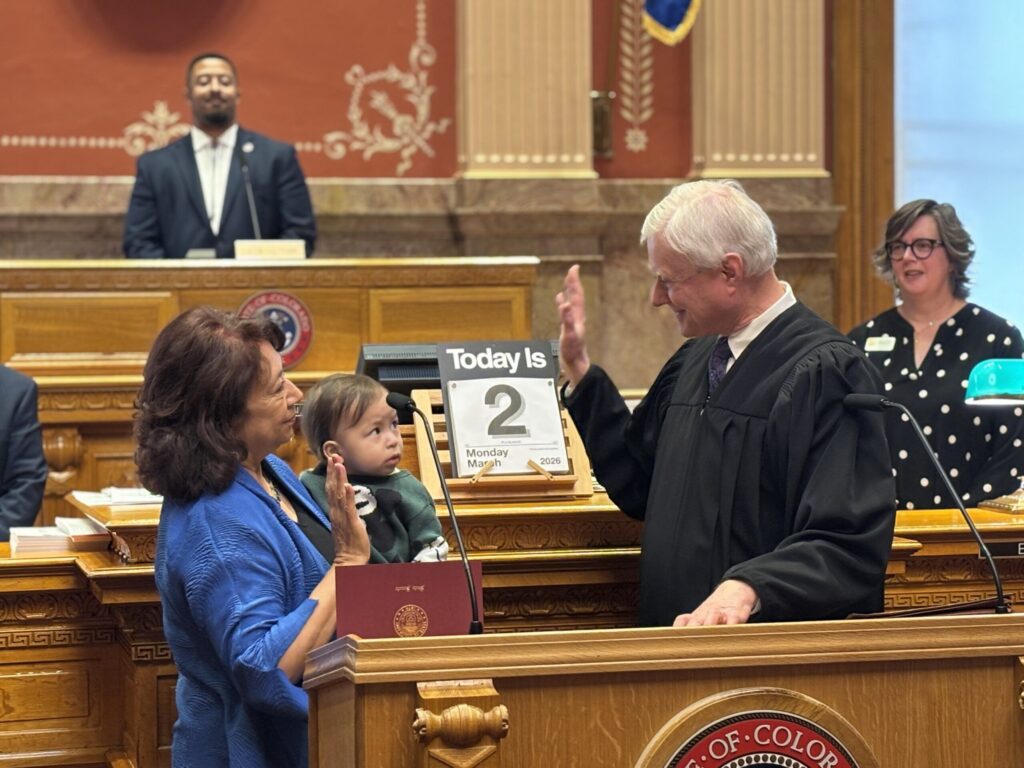Pot industry wants social-use policy ‘done right,’ glad measure off ballot
The demise last week of a Denver ballot measure to allow smoking marijuana in public settings wasn’t exactly the worse news the industry could ask for.
It turns out that some industry insiders were less than enthusiastic about what they saw as potential unintended consequences of the proposed measure.
Mason Tvert, who spearheaded the municipal initiative, asked Denver officials last week to pull the measure off the November ballot. He told reporters at a Sept. 3 news conference that the city was willing to come to the table to discuss a limited social-use policy that would establish places — bars and other businesses — where marijuana smokers could consume the drug outside private homes.
The question is important to those who come to Colorado to enjoy the state’s liberal marijuana laws but don’t have a place where they can smoke. Dispensaries don’t allow smoking on-premise. And the state makes it clear that smoking pot is forbidden in any area accessible to the public, such as sporting or music venues, rooftop cafes, or bars and restaurants.
People who visit Denver need a place where they can consume marijuana socially and legally, Tvert said. His intention with the initiative was to reduce smoking in parks and alleys. He added that voters strongly support a social-use policy, saying he collected more than double the number of signatures required to place the initative on the ballot.
But some in the marijuana industry believe the initiative was the wrong approach and are supporting talks with the city and business community to resolve the problem.
Joe Hodas, marketing director for Dixie Elixirs, told The Colorado Statesman this week that the industry was divided on the ballot measure.
Support for the initiative “was really a mixed bag,” he said. The industry wants the policy done right, and some feared the effects of a measure that narrowly dictated where people could smoke pot.
The ballot measure limited social consumption to places with liquor licenses, although those businesses wouldn’t be able to sell marijuana and would have to be brought in by the consumer. That would restrict consumption primarily to bars and restaurants, since Denver doesn’t allow cannabis clubs, which have sprung up in Nederland, Colorado Springs and elsewhere.
Allowing consumption only in narrowly limited venues could lead to a lopsided approach, Hodas said. If only very specific businesses allow pot use, he warned they could become primarily marijuana joints, which flies in the face of what the industry seeks — broader social acceptance of marijuana.
Despite the demise of Tvert’s ballot measure, Hodas said it has advanced the social-use conversation, and he’s hopeful a solution will result.
Whether that will happen could be up to Tvert and his supporters, Denver City Council members, business owners and representatives of the restaurant and hotel business.
Carolyn Livingston of the Colorado Restaurant Association said this week there are major hurdles for restaurants and bars that want to permit marijuana consumption.
Among their concerns: the effects of combining marijuana and alcohol and concerns about liability and insurance. Those are the kinds of things that can drive a restaurant out of business, she said.
The marijuana-alcohol combination tops the list. Servers have to be trained to recognize someone who has had “too much,” Livingston. According to the University of Washington’s Alcohol and Drug Abuse Institute, mixing alcohol and marijuana intensifies marijuana’s effect, especially when alcohol is consumed first. The Colorado Department of Public Health and Environment, in a 2014 report, claimed that combining the two has led to more motor vehicle accidents than if they were taken separately. Some insurance companies won’t insure restaurants that allow marijuana on the premises, Livingston added.
But she called it “heartening” that the measure won’t be on the November ballot, saying the Restaurant Association plans to engage in the talks with an open mind and seek a reasonable solution.













